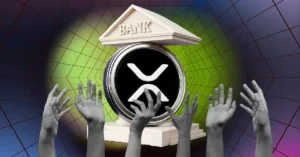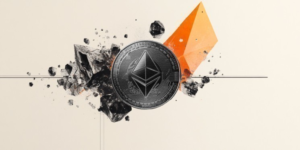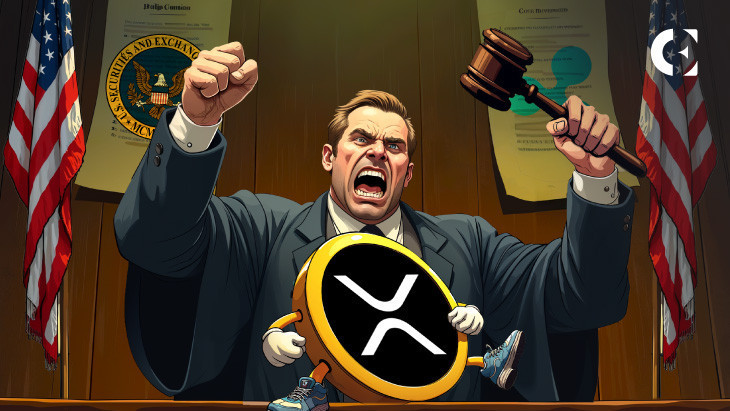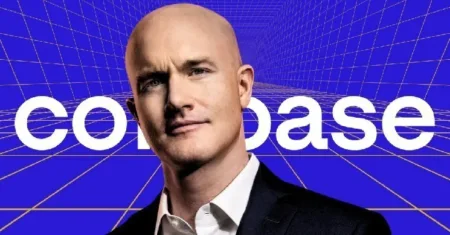Foremost civil law attorney Jeremy Hogan has faulted Better Markets’ amicus brief supporting the SEC in the lawsuit against Ripple. Hogan believes the financial organization misinterpreted the trial judge’s ruling in the case and based its filing on the wrong premise. According to Hogan, the trial judge did not rule that XRP sales on exchanges were not sales of securities because buyers didn’t purchase directly from Ripple.
“Better Market’s” Amicus Brief was hard to read. Not because I don’t think this case will ever be ruled on by the appellate court, but because it COMPLETELY misses (or misconstrues?) what the Trial Judge ruled (see excerpt below).
The Trial Judge did NOT rule that sales of XRP… https://t.co/XCjKXYuwQo pic.twitter.com/cjpiCSkvHj
— Jeremy Hogan (@attorneyjeremy1) January 22, 2025
Clarifying the current legal situation between Ripple and the SEC, Hogan explained that the trial judge ruled that Ripple’s programmatic sales were blind bid and ask transactions. He noted that programmatic buyers couldn’t know if their money payments went to Ripple or any other seller of XRP.
Related: Ripple vs. SEC: Why the Appeal Could End in Ripple’s Favor
Hogan further explained the basis of Ripple’s partial victory in the ongoing court case, noting that XRP purchasers didn’t know who they were buying from. Therefore, they couldn’t have relied on the seller to increase the digital asset’s price. Hogan highlighted the references the trial judge attached to his judgment, citing them as facts the judge relied on to establish a ruling on the matter.
Following his analysis of Better Markets’ amicus brief, Hogan concluded that the financial organization dislikes how the trial judge applied the facts to the case. Instead of challenging the judge’s decision directly, the firm is arguing about the result’s correctness, which could expose the crypto community to extensive risks beyond the SEC’s protection if upheld.
Related: SEC Forms Crypto Task Force Led by Hester Peirce: Ripple Reacts
Better Markets filed in support of the SEC in the ongoing case against Ripple over the latter’s XRP sales a few years ago. The non-profit financial-based organization claims that Ripple’s sales of XRP to retail traders fulfilled the third prong of the Howey Test. According to the organization, the ruling favoring Ripple “conflicts with the Supreme Court’s definition of an investment contract in Howey.”
Disclaimer: The information presented in this article is for informational and educational purposes only. The article does not constitute financial advice or advice of any kind. Coin Edition is not responsible for any losses incurred as a result of the utilization of content, products, or services mentioned. Readers are advised to exercise caution before taking any action related to the company.
Read the full article here







